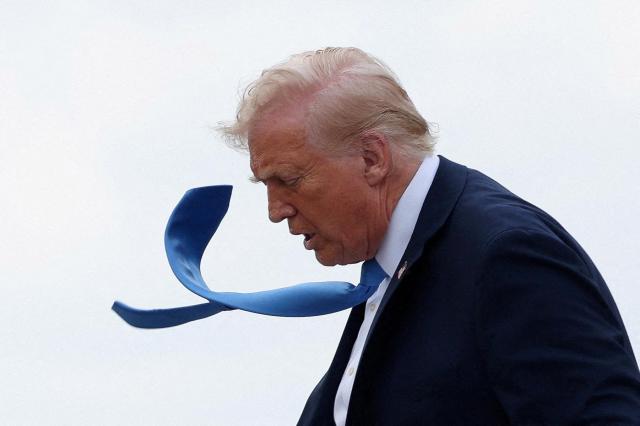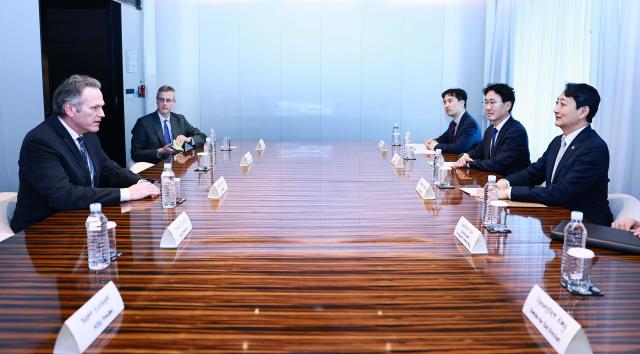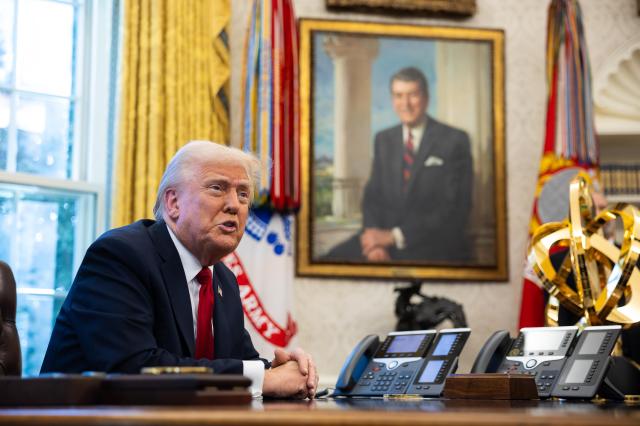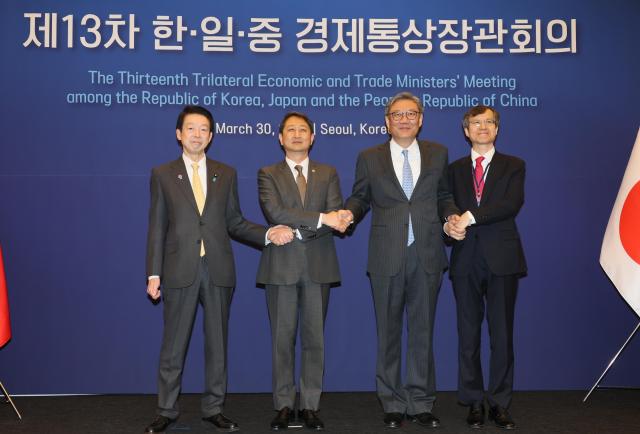
The policy, scheduled for announcement at 3 a.m. in the Rose Garden, would impose duties on foreign imports equivalent to those levied by other nations on American goods.
The measure could deliver a significant economic shock to South Korea, which recorded a $55.7 billion trade surplus with the United States last year.
The new tariffs come on top of the 25 percent duties already imposed on steel and aluminum products, as well as an additional 25 percent tariff on automobiles set to take effect early Thursday.
South Korea, already grappling with a leadership vacuum, may find itself particularly vulnerable to the administration’s aggressive trade stance.
White House officials have presented the president with several policy options, including a universal 20 percent tariff on all imports or a country-specific approach. Press Secretary Karoline Leavitt confirmed on Tuesday that any measures adopted would take effect immediately upon announcement.
In Seoul, Acting President and Prime Minister Han Duck-soo convened an emergency economic security task force meeting with the leaders of the country’s four largest conglomerates, pledging government support for affected businesses.
"The government will work to mitigate the impact from all directions and support businesses," Han said. "A trade crisis can never be overcome by the government or individual companies alone."
The tariffs threaten to upend the Korea-U.S. Free Trade Agreement (KORUS), potentially forcing a renegotiation of trade terms between the two allies.
On Tuesday, the Office of the U.S. Trade Representative released its annual National Trade Estimate (NTE) report, citing a series of non-tariff barriers in South Korea, including restrictions on market access for pet food containing ruminant ingredients, offset requirements in defense procurement, and regulatory hurdles for imported vehicles.
While Trump has previously asserted that South Korea’s tariff rates are "four times higher" than those of the United States, the USTR report acknowledged that, under the terms of KORUS, South Korea effectively imposes no tariffs on U.S. goods.
Beyond the reciprocal tariffs, Trump has signaled his intent to target additional sectors, including pharmaceuticals and semiconductors, further raising the stakes for South Korean exporters.
Copyright ⓒ Aju Press All rights reserved.





View more comments